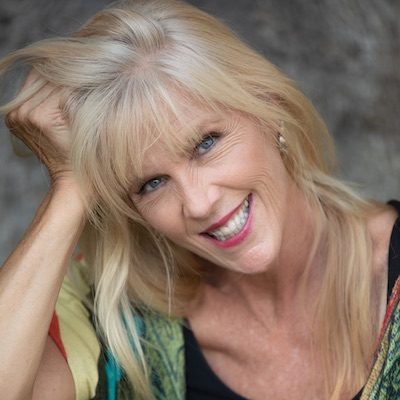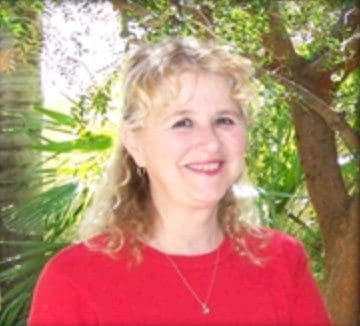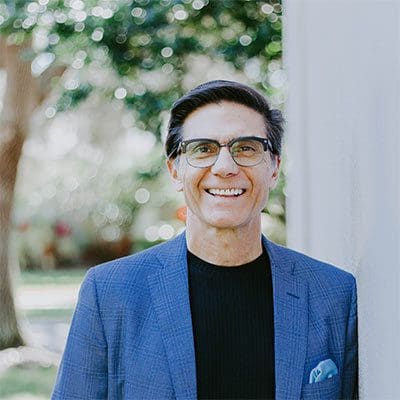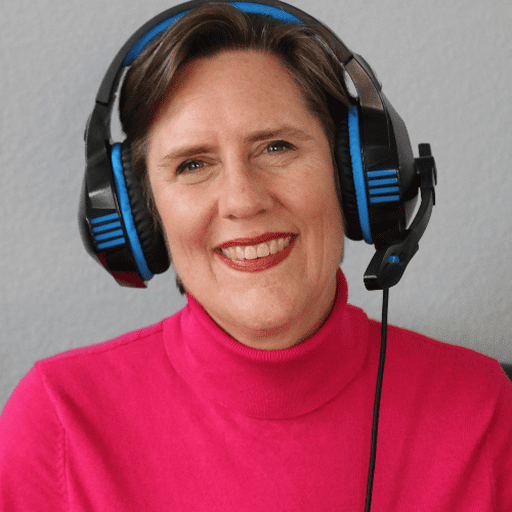- Money & Emotions – Mikelann Valterra Retirement Wisdom 30:52
How do your emotions affect your relationship with money? My guest is Mikelann Valterra, who is is a money coach. We discuss what a money coach does and how it’s different from – and complementary to – what a financial advisor and financial planner does. Planning for Retirement requires wise choices and as Mikelann notes “You can do anything. But you can’t do everything.” Are your beliefs about money helping you make smart choices or getting in your way?
Mikelann Valterra joins us from Seattle.
__________________________
Bio
Mikelann is a money coach, writer, speaker and leader in the field of personal finance. She has been in private practice over 20 years, working with private individuals on how to manage cash flow in an easier way, while also uncovering and addressing their own unique financial psychology. Her clients experience less stress, less debt, and more savings and clarity about the future. In addition to her private practice, she is a sought after speaker who fuses the fields of psychology, spirituality, brain science and personal finance to deliver riveting seminars that transform a person’s relationship to money in a lasting way. Her passion is to help professionals escape the money fog, feel more in control of their finances and create a life they love. She believes everyone can truly heal their relationship to money.
She is the author of Why Women Earn Less: How to make what you’re really worth, as well as multiple workbooks and audios on personal finance. Her blog goes back almost twenty years. Mikelann is quoted in numerous published books and has appeared on dozens of radio shows, television spots and in newspapers across the United States. She has also written for Forbes and credit.com.
Mikelann possesses a deep understanding of people’s pain and frustration around money. She has a bachelors in economics, a masters in psychology, and is also an accredited financial counselor (AFC®). She possesses more than two decades of helping people experience greater financial control and success. She knows it really is possible to heal your relationship to money and leave financial anxiety behind, forever. She is based in Seattle, Washington.
___________________________
For More on Mikelann Valterra
Free e-book: How to Stop Stressing About Money & Create a Life You Love
___________________________
Podcast Episodes You May Like
The Emotional Side of Retiring – Kate Schroeder
The Key Decisions for Retirement Success – Wade Pfau
Lifestyle and Financial Decisions As We Age – Marjorie Fox, JD, CFP®
Retirement Planning Considerations for Women – Russ Thornton
___________________________
What Readers Are Saying:
“Definitely the best book I’ve read on the non-financial aspects of Retirement.”
“This is a great gift for anyone anticipating Retirement years or already in the thick of it.”
“…the book is amazingly readable, and chock full of insights.”
Amazon Barnes & Noble Bookshop.org
____________________________
Wise Quotes
Money & Emotions
“It’s a huge question leading up to Retirement, right? Do we have enough money? Can we retire? It’s a big, big conversation. But what do we call post- Retirement? There’s so many ways that people go work-optional nowadays, it’s not as black and white as it used to be. But money is so emotional, partly because of how we were raised around money. We all have these really long money stories throughout our lives. So different things that have happened around money. We can also talk about our individual money personalities. There are just so many differences between people, partly because of how they were raised around money, but believe it or not, part of it’s our wiring. Part of it is our individual brain chemistries lead us to feel and act differently about money than our partners.”
On the Big Emotional Challenges with Money
“Overspending, under-earning, and the inability to communicate around money with their beloved, with their partners. Overspending is a very emotional thing. A lot of it comes from childhood, again, back to those feelings of deprivation, fear, whatever it is. And so I’m spending to fill this whole void again. I know that sounds odd, but many of us do spend to feel this emotional void because you can never get enough of what you don’t really need. I know that sounds like a Zen koan, but I know every one of your listeners has heard of the concept of emotional spending – spending to meet what’s actually an emotional need. And so that’s probably one of the biggest issues because in our lovely retired life, we want to be as thoughtful and conscious with our money as we can so that we can use it to live our best life, not have it leak out because we’re spending emotionally. We all get it. We’ve all heard it. Retail therapy. Can I spend money to make myself feel better? That’s really what it comes down to. Can I spend money to make myself feel better? And perhaps there’s a better way to make yourself feel better than Nordstrom’s.”
On Being a Money Coach
“I’m a Money Coach and just to be clear with your listeners, I don’t do investments. I’m not a financial planner. I work with people obviously on the relationship to money as we’ve been talking about, but also how to manage your cash flow. I hate the word budget. Sounds like a diet, right? But I love helping people craft a spending plan. And one of the really wonderful things about whether you’re fully retired or semi-retired, you have more time. You have more free time. So how do you create a spending plan that gives you the life that you want. Some people have been waiting their whole lives to have some more free time. So when I work with people that are fully retired, work-optional, semi-retired, all that good stuff, eventually we get to the place where we are working on a monthly spending plan and an annual spending plan. And we are looking at what do you want to protect and what are your hobbies – and what are your passions? Because so many people have spent a lifetime focused on other people. And so this is now Me time, right? This is the time where we can spend time on ourselves, our passions, our passion projects, hobbies, volunteering, all the wonderful things that you’ve talked about on so many wonderful episodes of your podcast. So the money piece is we want to make sure that we’ve got the money for these passions.”
_____________________________
About Retirement Wisdom
Delaying Retirement? Many of my clients are. But they’re using this time now to invest in their future.
Don’t wait until you retire and ask What Now? Isn’t now a better time to start to design your next life?
Schedule a call to find how how the Designing Your Life process (developed by Bill Burnett & Dave Evans at Stanford) can help you unlock a new direction. Apply the same principles of design thinking that Nike and other leading companies use to design your future. Learn more about our One and One Coaching and small group programs. Take the first step toward your new life today.
_____________________________
Intro and Outro voiceovers by Ross Huguet.




























Already a Member? Login Here.
Not Yet a Member? Join the Conversation Today!